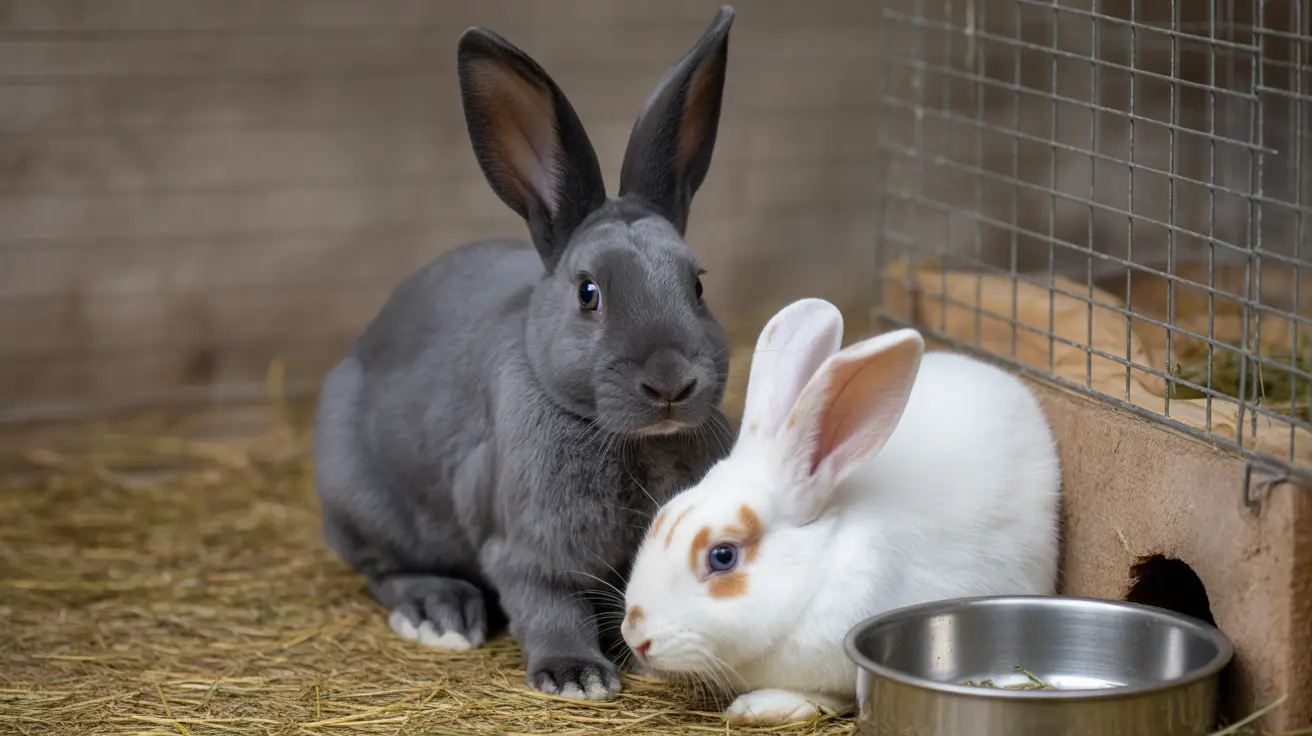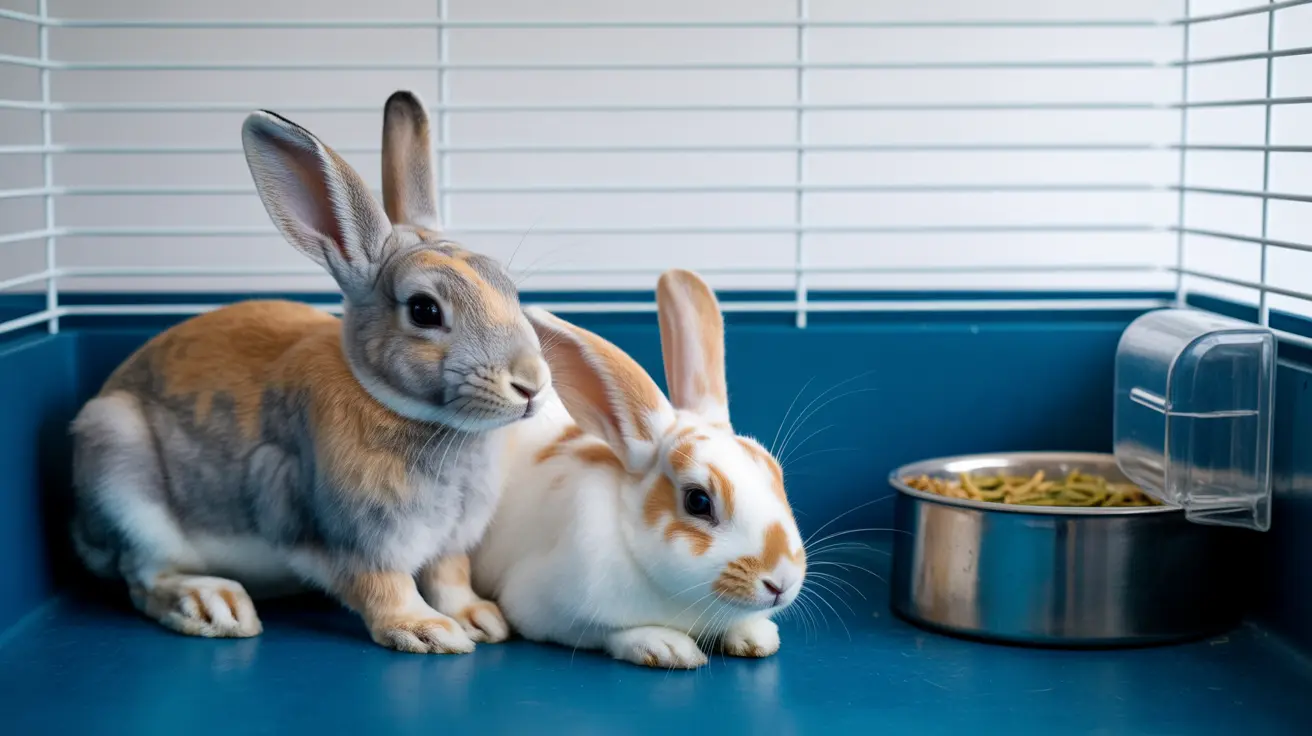Understanding Wolf-Dog Hybrids
A wolf-dog hybrid is exactly what it sounds like: an animal born from the union of a domestic dog and a wolf. These creatures are fascinating, often stirring curiosity and debate among animal lovers, scientists, and pet owners alike.
What Makes a Wolf-Dog Hybrid?
Wolf-dog hybrids inherit genes from both their wild and domesticated parents. This genetic blend leads to a wide range of appearances and behaviors, making each hybrid unique. Some may look almost entirely like wolves, while others resemble large dogs with subtle wolfish features.
- Physical Traits: Coat color, size, ear shape, and eye color can vary widely.
- Behavioral Traits: Hybrids may display shyness, high energy, strong prey drive, or pack instincts.
Why Do People Breed Wolf-Dog Hybrids?
The allure of owning an animal with the mystique of a wolf and the companionship of a dog appeals to some. Breeders often aim for specific looks or temperaments, but results are unpredictable due to the complex genetics involved.
Challenges in Ownership
Caring for a wolf-dog hybrid isn't like raising a typical pet dog. These animals may require special diets, secure enclosures, and experienced handlers who understand their needs.
- Legal Restrictions: Many places have laws regulating or banning ownership of wolf-dog hybrids due to safety concerns.
- Behavioral Issues: Hybrids might be more difficult to train or socialize than standard dogs.
If you're thinking about adopting one, research local regulations first—some regions classify hybrids as wild animals.
The Genetics Behind Hybrids
The percentage of wolf ancestry (often called "content") affects how much the animal behaves like a wolf versus a dog. First-generation hybrids (one parent is pure wolf) are more likely to act wild compared to later generations bred back with dogs.
- High-content hybrids: Closer in behavior and appearance to wolves.
- Low-content hybrids: Show more typical dog-like traits but may still have unpredictable behaviors.
Lifestyle Needs
Adequate space is crucial—these animals need room to roam and exercise. Mental stimulation is just as important; boredom can lead to destructive behaviors. Socialization from an early age helps reduce fearfulness or aggression but doesn't guarantee predictability.
Are Wolf-Dog Hybrids Safe?
The safety of keeping these animals as pets depends on many factors: genetics, upbringing, environment, and owner experience. Even well-socialized hybrids can retain natural instincts that make them unsuitable for inexperienced owners or families with small children.
- Tendency toward escape: Strong digging or climbing abilities mean fences must be extra secure.
- Sensitivity: Loud noises or unfamiliar people can trigger fear-based reactions.
The Debate Around Wolf-Dog Hybrids
The question of whether it's ethical—or even safe—to breed and keep these animals remains controversial. Advocates argue that responsible ownership can work for some individuals; critics point out the risks both for people and the animals themselves if expectations aren't met or needs go unfulfilled.
Conclusion
If you're captivated by the idea of sharing your life with an animal that's part wild wolf, it's essential to weigh all aspects carefully. Wolf-dog hybrids are not ordinary pets; they demand commitment, understanding of their unique nature, and compliance with legal requirements. For most people seeking canine companionship, adopting a domestic dog may be the better choice—but for those prepared for the challenge, these remarkable creatures offer an experience unlike any other.





